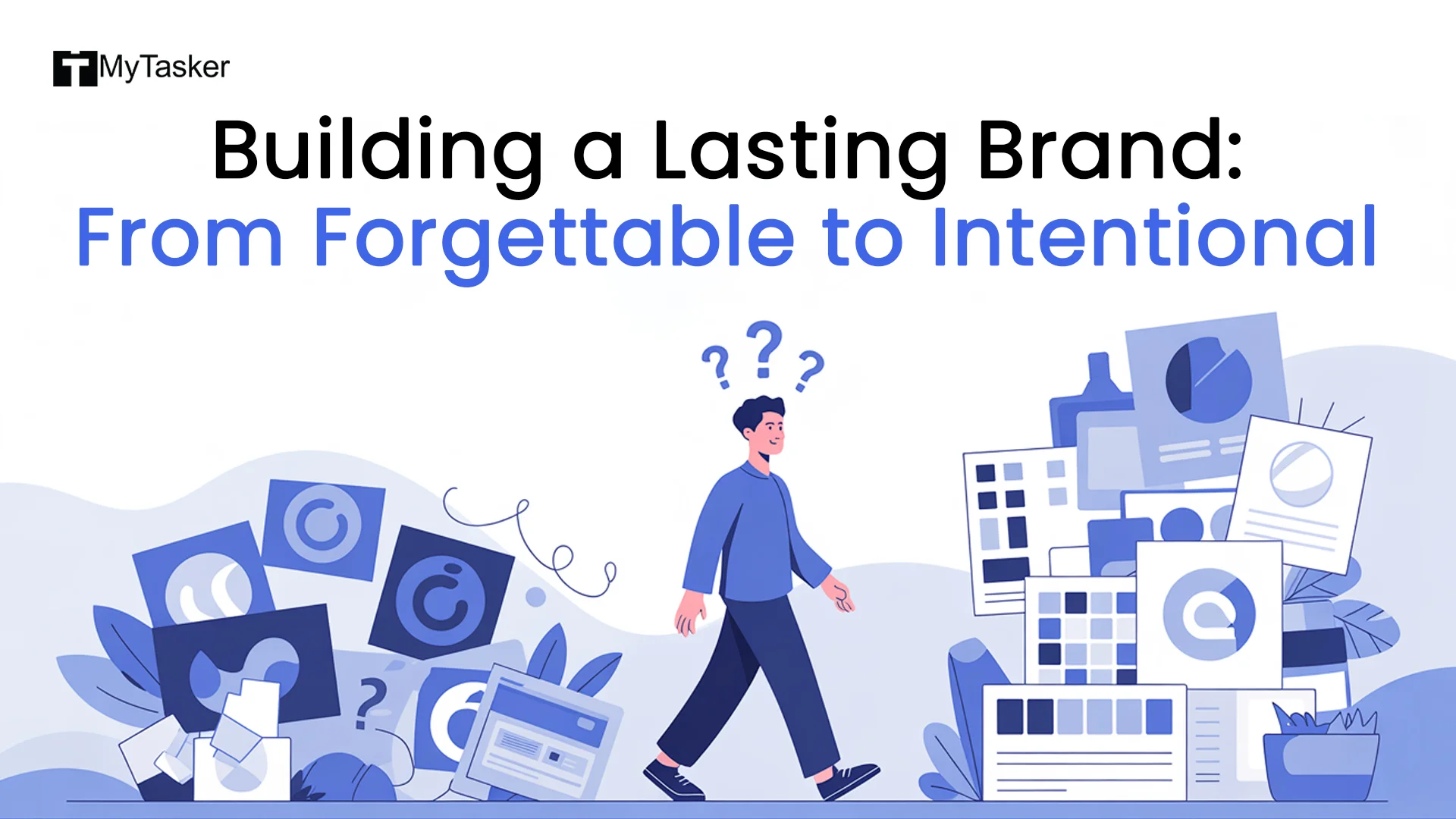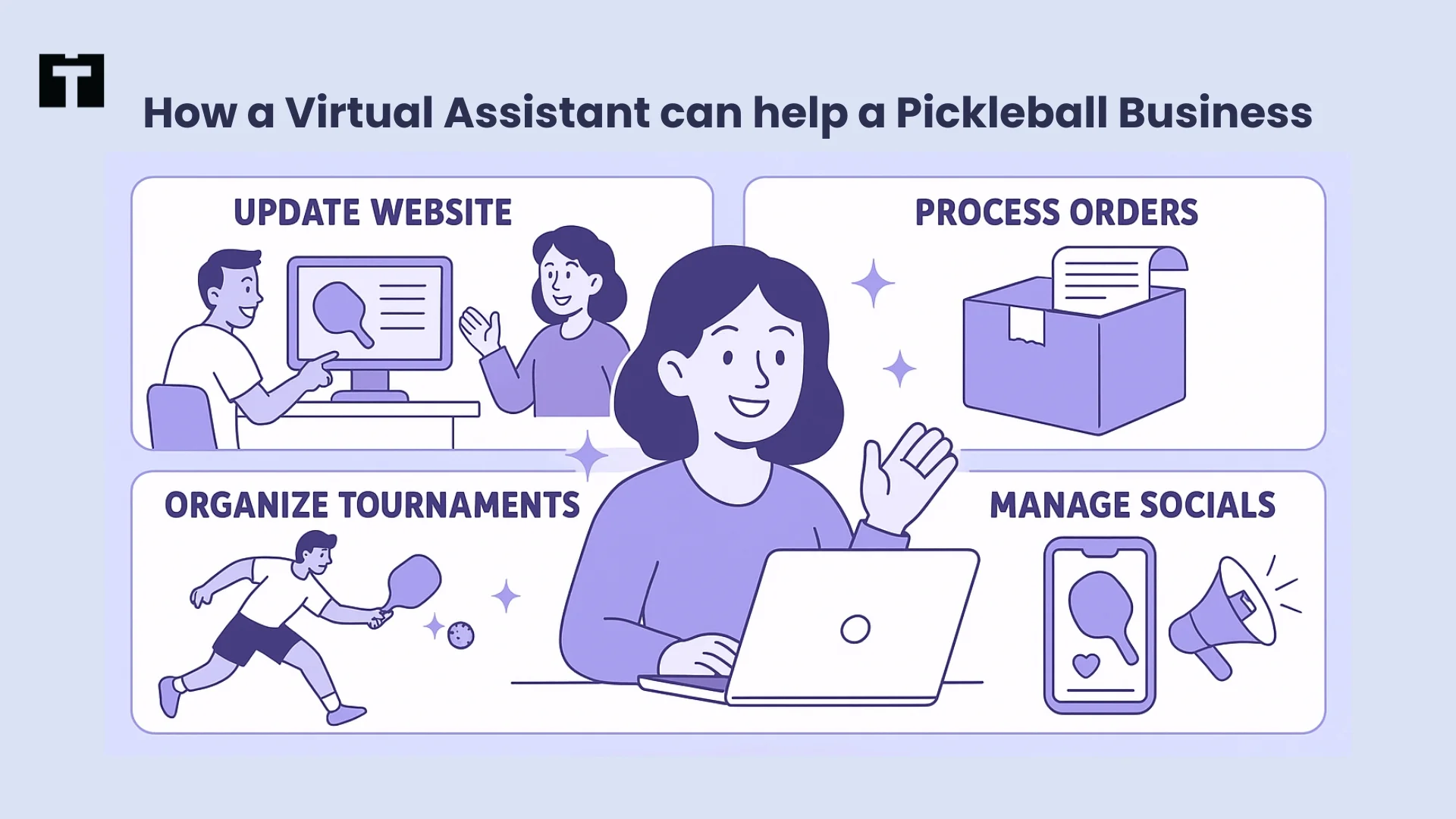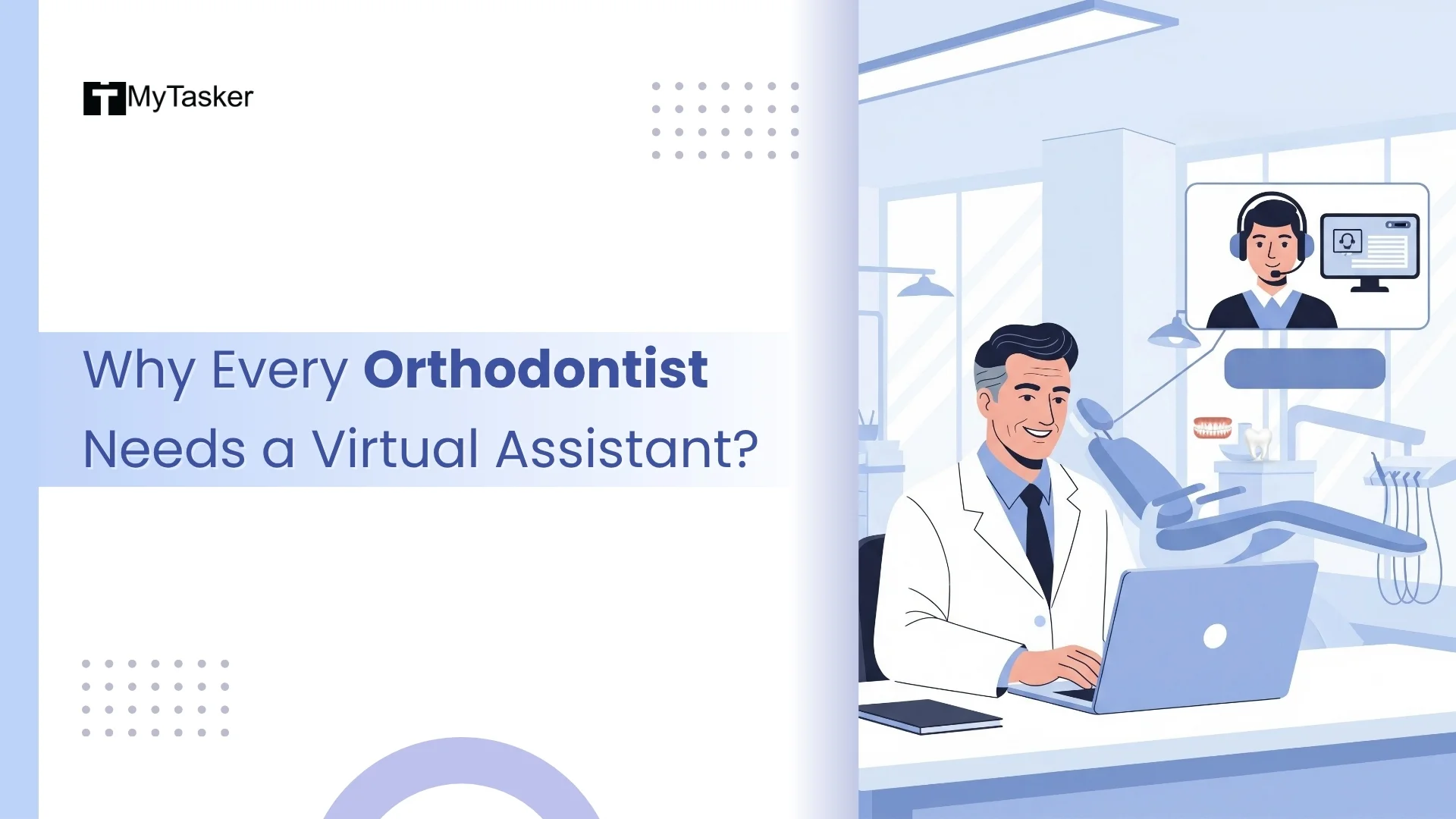Businesses need to protect and safeguard their accounting security from cyber attacks. Easily monitor accounts and prevent risks of missing out on valuable insights with modern technologies.
A study conducted by Comparitech suggests that cyberattack happens every 39 seconds. Fraud artists and conmen use financial data to attack users and their accounts online. Hackers crack more than 45 percent of sensitive information. Verizon data results revealed that 44 percent of theft and information manipulation is a direct consequence of illegal employee activities.
Therefore, industry leaders must secure their data and information from both internal and external attacks.
Confidential Financial Data
Confidential financial data refers to information regarding the monetary transactions of select individuals and companies. You should rightfully categorize your business insights based on the sensitivity of the information. Some information such as your services, mission, team, and number of employees are not very sensitive, and sharing this information will not directly harm the company. Whereas, data breaches such as leaked client information, bank account information, tax updates, and other details give cybercriminals the chance to directly harm the company.
Classification for Sensitive Data
- Debit card or Credit card details
- Bank account number
- Insurance policy number
- Important passwords
- Earnings
- Data on Capital Flow
Having finalized what data is of utmost value to you, you can move on to building a robust mechanism to enhance bookkeeping security and prevent data breaches.
Reasons To Prioritize Accounting Security
It is natural for businesses to generate large volumes of data. Consequently, this data needs to be handled with care as well. Attackers are always on the lookout to gain access to these insights and data so they can sell it for financial gains. They can use this data to sabotage a company and reduce its public value or attack an individual’s account. Glance through some critical reasons to prioritize cybersecurity and bookkeeping for your organization.
Client Data Protection
Trust is the building block of any business. Your clients will continue to work with you as long as they can put their trust in you. It should be your priority to protect their information as hackers will most likely use it to perform illegal activities.
Company Data Protection
It is very expensive to combat and eliminate cyber threats. As per IBM’s report, it is observed that the US companies collectively faced a heavy expense of $9.44 million as a result of data breaches in the year 2022. The detection period for a cyber attack is 280 days which makes it very difficult to completely eradicate the negative impact.
Threat to Brand Image
Data breaches have severe consequences for your brand image. If the news of a data breach in your company gets out, your clients will refuse to associate with you. If you are an e-commerce company, users will be wary of sharing their information with you hindering your day-to-day operations. Mitigate the risk of data breaches and safeguard your brand reputation by seeking assistance from remote IT support. Ensure a secure and reliable IT infrastructure to foster client trust and maintain a positive brand image.
Legal Action
With stringent data protection and accounting security laws, you might face devastating legal consequences from the authoritative body. You can run the risk of identity theft, and release of sensitive corporate details. To mitigate the risk of legal action, consider accounting outsourcing. It is a proactive step towards ensuring compliance and efficiency.
Confusion Within The Team
Cybercriminals often manipulate data. This altered data creates confusion within the team. Using incorrect information often leads to erroneous decision-making and strategizing that proves fatal for the company.
Effective Tips for BookKeeping Security
With technological advancement, we have stepped into a world where money is often seen in numbers on UPI apps. Payments and money transfers have become easier than ever. As the world becomes more digital, there is a need to build an efficient digital locker system to protect your finances from phishers.
Let us look into a few steps you can take to handle accounting security:
Select Strong Passwords
Everybody knows how important passwords are. People often keep passwords after their names or birthdays so it is easy to remember. These passwords are most likely to get hacked. Your passwords should be complex and they should comprise the following:
- An assortment of numbers and alphabets
- Create new passwords for different apps and tools
- Do not forward your passwords via text or emails
- Change your passwords within 3 month duration
Keep Your Gadgets Secure Physically
Computers and gadgets that store relevant and sensitive information should be kept in a safe place so it is protected from theft. If your company uses laptops, try to keep them safe with a laptop lock. In case your company utilizes a server, you must check the location and prohibit it from being in a restricted zone.
Use Cloud Technology
Bookkeepers still rely on paper media heavily often putting data at risk. Adopting cloud technology allows bookkeepers to build scalable and efficient financial data protection systems that are hard to break. Clouds ensure that your sensitive data is stored on protected servers that are difficult to hack.
Cloud service providers have strict adherence to security laws and they lower the risks of data breaches. It is also an affordable alternative as you can access and consume the services at a nominal rate.
Teach Basics of Cybersecurity to Employees
As per reports from IBM, 95 percent of cybersecurity breaches happen as a result of manual errors. Therefore, you must train your employees so they understand the value of security and how they should ensure to take all steps to safeguard security.
With proper security training, your employees can identify accounting security threats and protect themselves from falling prey to phishing attacks. You will also help them learn about punishments associated with intended security violations. So they can be kept in check. Seek guidance from professional accounting services for small businesses to acquire insights into accounting and bookkeeping best practices. This knowledge will fortify your defenses against cyber threats, ensuring the security of your business financial data.
Cyber Threats And Its Types
Cybercriminals are constantly working to find vulnerabilities and new ways to illegally access data. Therefore, different types of cyber-attacks stem from time to time. Economic experts have listed the following online threats:
Phishing
In this cyber threat, you or your employee receive an email from a seemingly legitimate account posing as an important individual or company. It asks you to take action urgently to request you to immediately click on any given link. Once you take an action or open a link, your sensitive information is put at risk.
How To Identify a Phishing Email?
- The phishing creates a sense of urgency
- It is poorly written
- It contains suspicious links
- It has infected attachments
- The domain name is usually spelled incorrectly
- Numerous spelling and grammatical errors
Malware Attack
Learning the basics of cybersecurity threats will expose you to several threats. Among them, malware attacks are the most pressing ones. Malware enters your computer system and consumes or deletes sensitive information. It also can take control of your system and manipulate important information on it.
How to Identify a Malware Attack?
- You will experience a slow computer process
- Frequent browser redirects
- Missing files without your knowledge
- System constantly crashes
- Reduced storage
- Malware detection on antivirus
- Ransom emails or calls
Ransomware
Ransomware is the kind of threat that involves asking for ransom in exchange for releasing locked data and information. Cybercriminals threaten to delete sensitive data if a certain amount is not given to them as a ransom.
How to Detect Ransomware Attack
- Employ client-based anti-ransomware tools
- Keep an updated IDS system
- Include exploit kit detection properties in your tools
- Build a sacrificial network share
- Observe if there is an increased file renames
- Keep an eye on file extensions
Steps to Address Information Leaks
In case your business is under a cyberattack, you must take immediate measures to avoid further damage. The IT department should be immediately informed so they can take digital measures to prohibit further violations. If you are an individual and have suffered fraudulent activity, you need to connect with a cybersecurity insurer so you can understand the expense you will incur as a result of a data breach.
If you observe your critical data, financial, and personal information is compromised, you must share insights with your team on the next steps. Inform your staff to work actively to brief customers on how they can save themselves from information and identity theft.
Bottom Line
Modern bookkeeping can infinitely smoothen the process for you and improve your accounting services.
With modern tools and techniques, maintaining security is not a difficult feat. with the right strategies, you can counter every data breach attempt from cybercriminals.
At MyTasker, we aim to build websites following industry best practices. We adopt stellar strategies and communication tools so you can secure your business insights from digital invasions. Our IT Support Specialists are available 24/7 to answer all your queries regarding our bookkeeping and accounting services. Call us today and avail a free consultation.















